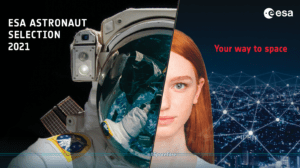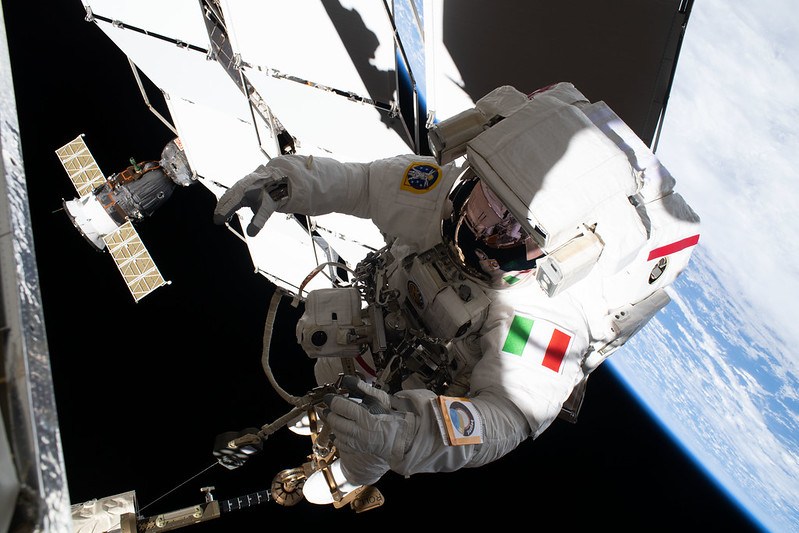The recruitment campaign for future European astronauts opened on Wednesday with the launch of a European Space Agency (ESA) website to collect applications.
Candidates have until 28 May to submit their applications online, before the selection process begins, which will end in October 2022 with the hiring of four to six future astronauts.
As a world first, ESA is proposing a parallel recruitment procedure for astronauts with physical disabilities, such as lower limbs or very short stature. They will participate in a feasibility study on spaceflight access for “parastronauts.”
Applicants must have a master's degree in a scientific field or a medical degree, and three years of professional experience. The age limit is 50. Fluency in English is required, and fluency in a second language is an advantage. A medical certificate of the type required for the profession of pilot must also be provided.
The selection procedure, which consists of six rounds of examinations, each of which is eliminatory, is “long and will take more than a year,” the agency says on its website.

Photo from European Space Agency
Related News
- Belgian cheese order sent into outer space for American astronaut
- European Space Agency seeks new (female) astronauts
- Today is International 406 Day, honouring the SOS
- EU Space Programme’s €14.8 billion budget will include space security
After an initial screening of applications, applicants will take cognitive, technical, and personality tests. This will be followed by psychometric assessments, then further medical tests. Finally, there will be two rounds of interviews, the last of which will be with ESA Director Joseph Aschbacher.
The previous class of astronauts, that of 2008, saw seven lucky candidates out of more than 8,000 applicants.
“We expect even more candidates this time,” said Guillaume Weerts, head of ESA’s European Astronaut Centre, when the campaign was announced on 16 February.
The young recruits will initially fly to the ISS, and in the future will participate in future lunar missions.
The European astronaut corps currently has seven members.
For the first time, ESA will create a 'reserve corps' in parallel, in case new, shorter flight opportunities arise.
Helen Lyons
The Brussels Times

